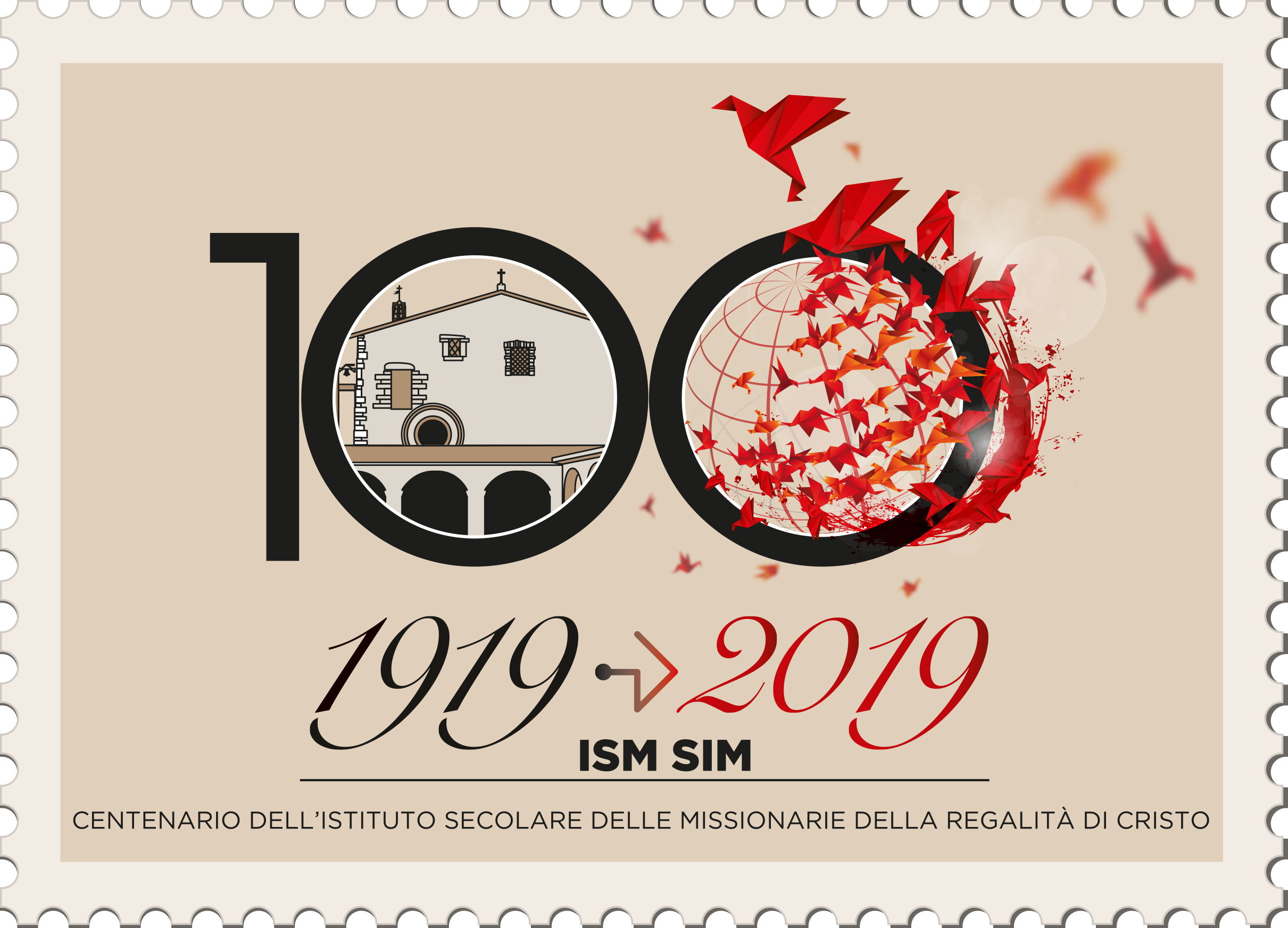Armida Barelli (1882 – 1952)

Armida Barelli was born in a period of positivism and hostility to the Church and died when the Church and the Italian state had reconciled and a new Catholic culture tried to reconstruct Italy after the Second World War. She was born at the time of oil lamps, coal trains, and horse carriages and died at the beginning of the atomic era. She was born at the time when honest girls did not go out alone and always wore a hat, did not study in boys’ schools and did not take part in public life. She died when even very young women had freedom of going where they wished and the rights and duties of the two sexes were nearly the same. Armida Barelli took part in this period of change starting the Gioventù Femminile di Azione Cattolica (Catholic Action for young women); she collaborated to a great work of renewal of the Italian culture with the Catholic University of Sacro Cuore. With Father Agostino Gemelli, she founded the Secular Institute of the Missionaries of the Kingship of Christ fostering the ideal of full consecration to God in the world.
Father Agostino Gemelli (1878 – 1958)

Father Agostino Gemelli obtained a degree in medicine from Pavia University in 1902. He loved the utopia of social Marxism and the study of human sciences. After a troubled spiritual journey, he became a Franciscan friar with the name of Agostino. In 1914, in the difficult time of Modernism, he founded the magazine “Vita e Pensiero” (Life and Thought) with the aim of reconciling culture with the Gospel through clever Faith. He carried out the project, valuable for Italy, of the Catholic University of Sacro Cuore; he started Opera della Regalità, an association to educate people to liturgy. He had the insight of the need of apostolate accomplished by lay people and consecrated lay people in society. In 1919, he realized this insight with Armida Barelli founding the Secular Institute of the Missionaries of the Kingship of Christ.
